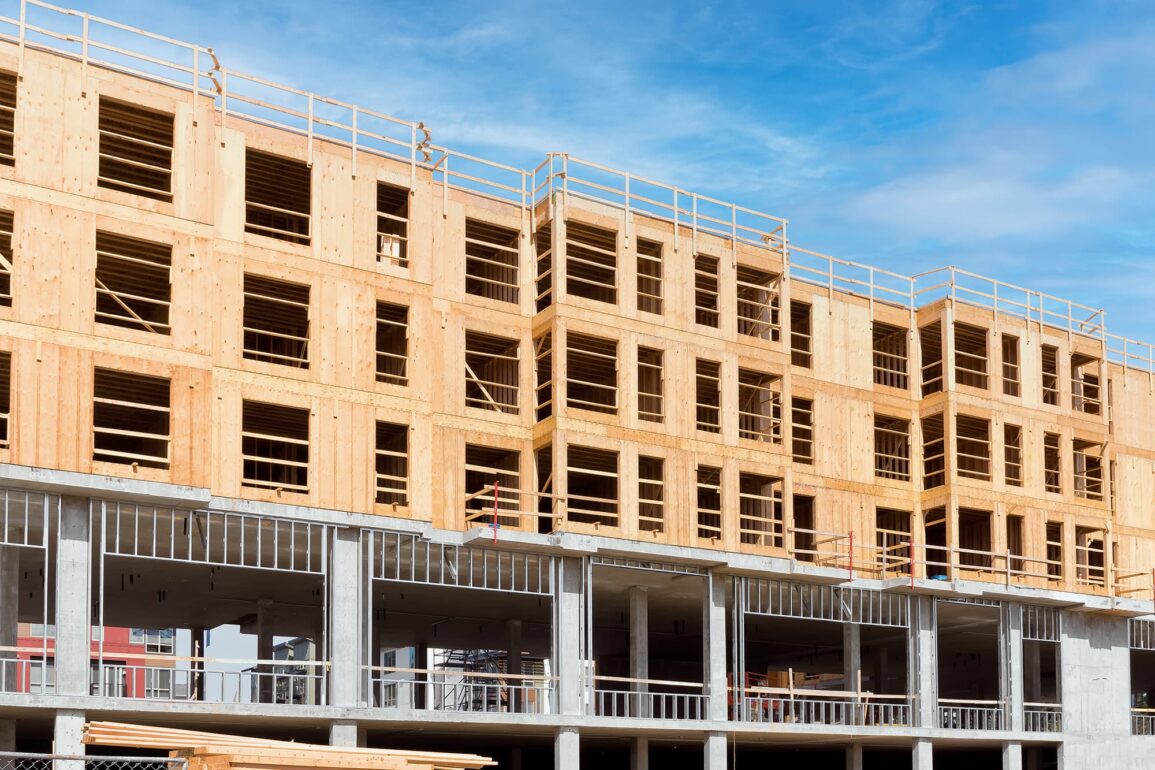Election day has come and gone, which means the people of Seattle had a chance to weigh in and shape the city’s future. One measure that passed with resounding success was a new housing levy, set to replace an existing levy that will expire at the end of this year. This new measure is by far the city’s largest housing levy to date, generating approximately $970 million over the next seven years by increasing property taxes.
The passing of the levy is no small thing, as it will be the city’s primary source of funding to help create affordable housing and address homelessness. Moving forward, property owners in Seattle will pay 45 cents per $1,000 of assessed property value — amounting to $385 a year for a home valued at the median of $855,000. That’s a $260 increase over the current levy. Despite this increase, the levy passed with about 66% approval.
The goal of the new levy will be to fund the construction of new affordable housing, increase services for subsidized housing, and provide rent assistance and wage increases for employees who work in the supportive housing sector.
In total, $707 million raised in the seven-year lifespan of the levy will fund the construction of 2,900 new rental homes, as well as renovations to around 600 preexisting homes. These projects are intended for those making 60% of area median income or less — around $74,000 for a family of three.
The next largest dispensation of funds is $122 million to fund operations and provide increased wages to social workers. Then, $51 million will fund the building of affordable homeownership developments, followed by $30 million to provide rent assistance to up to 4,500 tenants facing eviction. The administration of the levy itself will cost around $60 million over the seven years, around 6% of the total proceeds generated.
While the levy will help create 3,200 new homes for those with low and moderate incomes, it will meet just a fraction of Seattle’s total housing needs. Projections from King County have identified that Seattle will need around 3,500 new homes in that income range every year for the next two decades to keep pace with the growing demand for housing.
Despite the size of the task ahead, it is clear from this outcome that Seattle and its residents are game to face these challenges. The housing levy is just the first step.
This post was based on information found on seattletimes.com.



